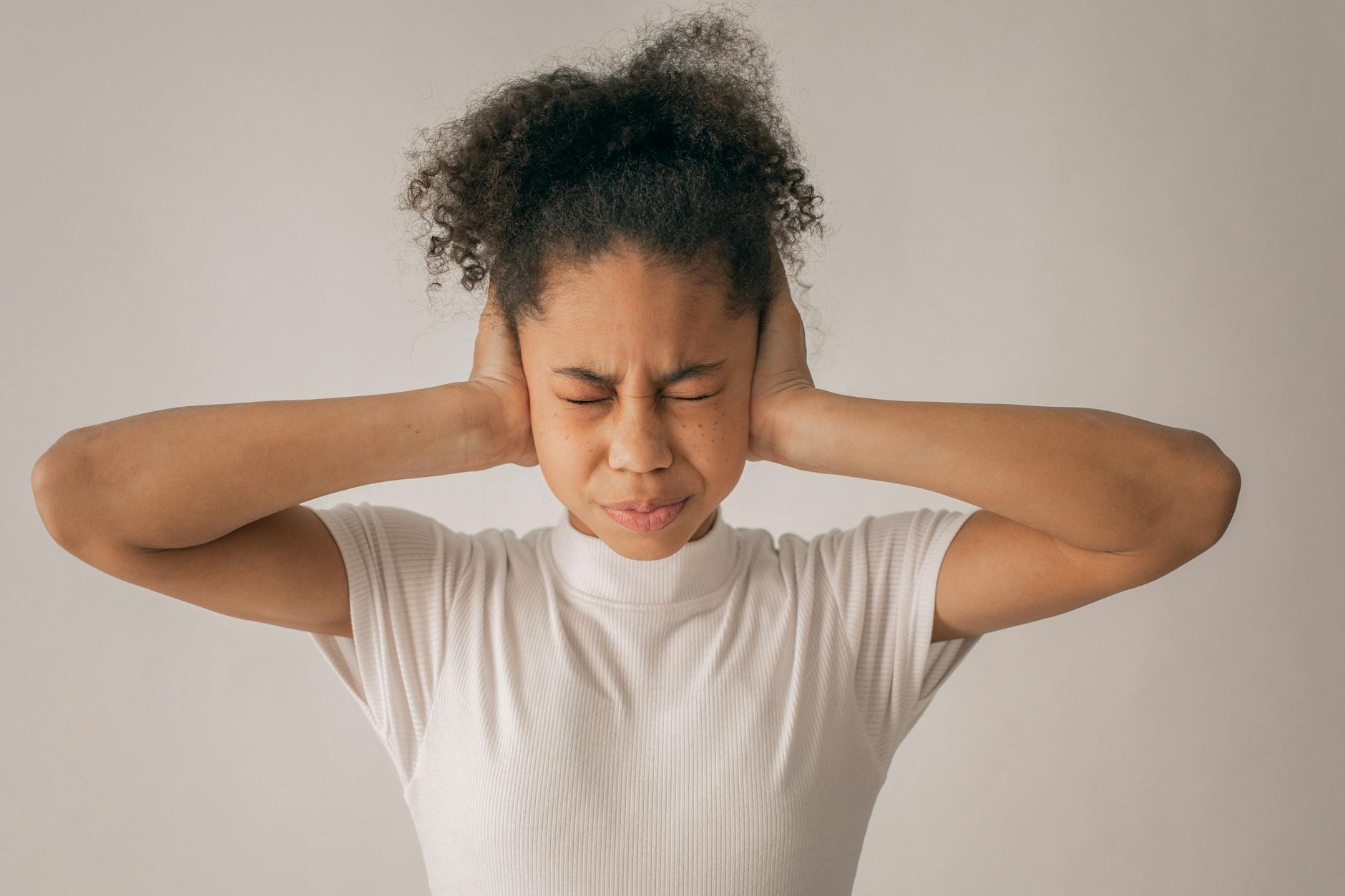
Ear pressure is a common issue that many people face, particularly during a cold, an ear infection, or when changing altitudes in an airplane. Before trying any remedy for ear pressure relief, it’s always best to consult with a healthcare professional, particularly if you have severe pain, hearing loss, or other concerning symptoms. Here’s a list of methods to help alleviate ear pressure that you can consider.
1. Swallowing and Yawning
Swallowing activates the muscles that open your eustachian tubes, the small passages that connect your throat to your middle ear. Yawning is also an effective way to regulate air pressure in your ears. Making a conscious effort to swallow frequently or to yawn can help relieve ear pressure, especially during ascents and descents in an airplane.
2. The Valsalva Maneuver
Instructions:
- Pinch your nostrils shut.
- Take a deep breath in.
- Gently blow the air out of your nose with your nostrils still pinched and your mouth closed.
Be careful not to blow too strongly to avoid damaging your eardrums. This technique is particularly useful when changes in altitude cause ear pressure.
3. Nasal Decongestants
Over-the-counter nasal decongestants can relieve ear pressure by reducing swelling in the nasal passages and easing the congestion that can block the eustachian tubes. However, these should not be used for more than a few days straight to prevent rebound congestion.
4. Nasal Sprays
Saline nasal sprays can also help to relieve ear pressure by moistening dry nasal passages and helping to clear congestion.
5. Warm Compress
Applying a warm, moist cloth to the affected ear can sometimes relieve ear pressure. The warmth can help to relieve pain and help to open the eustachian tubes.
6. Chewing Gum
Like swallowing, chewing gum can activate the muscles that help your eustachian tubes function properly. This is another simple method to try during a flight or when experiencing slight changes in altitude.
7. Earplugs or Pressure-Regulating Ear Devices
Special earplugs designed to regulate pressure might help reduce symptoms of ear pressure during air travel. These devices can slow the rate of pressure change on the eardrum and give your ears more time to adapt.
8. Hydration
Staying well-hydrated is important for overall health and can also help keep the mucous membranes in your eustachian tubes functioning properly.
9. The Toynbee Maneuver
Instructions:
- Pinch your nostrils shut.
- Take a sip of water.
- Swallow the water with your nostrils still pinched and your mouth closed.
This action can help to equalize the pressure in your ears.
10. Allergy Management
If allergies are the cause of your ear pressure, managing your allergy symptoms with antihistamines or other allergy medication may provide relief.
Conclusion
While these methods can often provide relief, persistent ear pressure may require the attention of a healthcare professional. If these home remedies do not provide relief, or if you experience symptoms like severe pain, dizziness, or hearing loss, you should seek medical attention. Early treatment of ear pressure could prevent complications and ensure your comfort and wellbeing.



